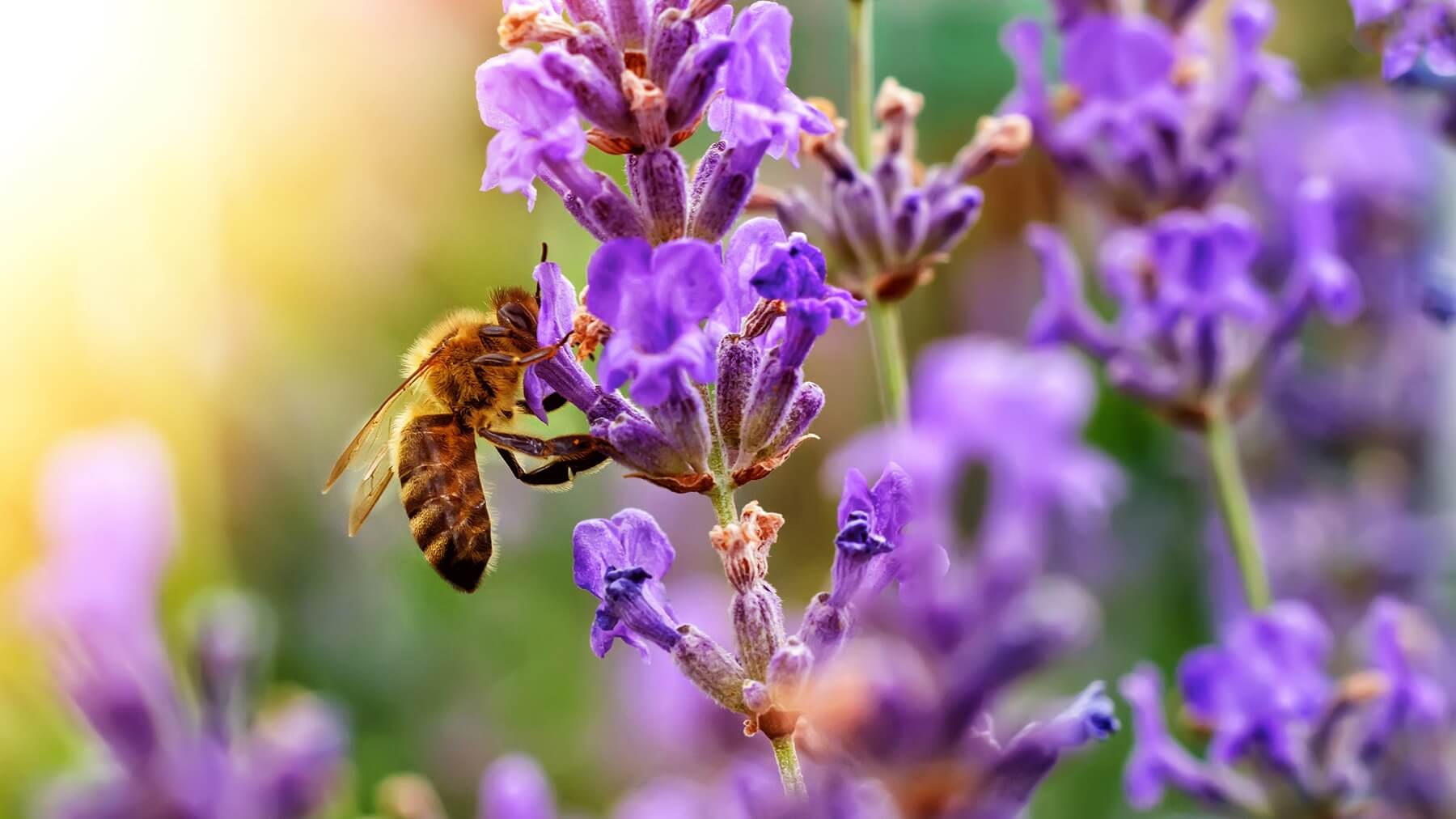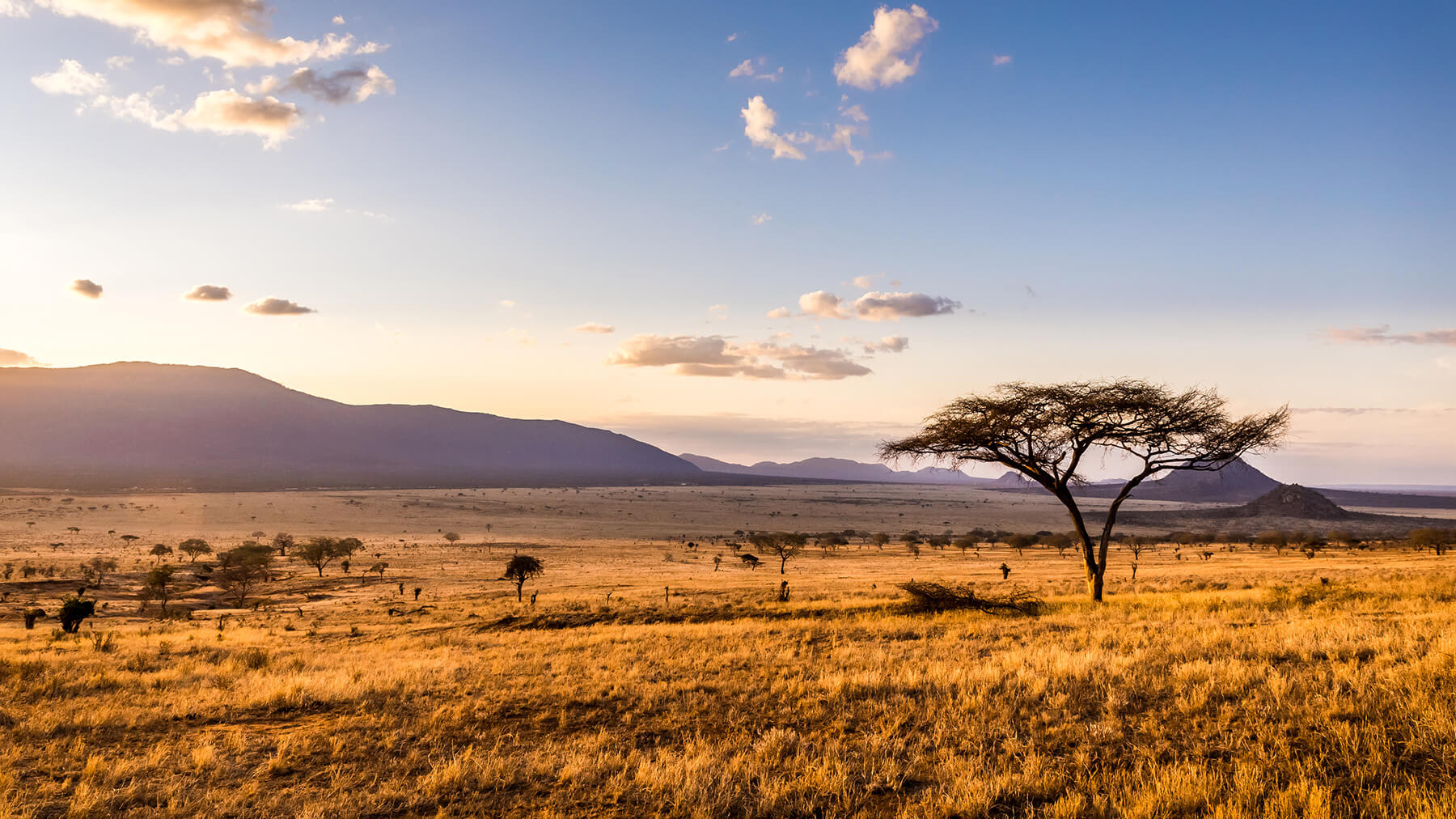Bees are under threat
Devastatingly, a third of British wild bees are now in decline and this pattern of decline is common in many regions across the world. This has unfathomable consequences for the planet.
Bees are being threatened by several sources, and they primarily revolve around how we exploit the planet’s natural resources.
Changes in the way we use land have destroyed lots of habitats crucial to pollinator species survival. Our intensive modern farming has taken over lots of beautiful natural areas, like wildflower meadows, ponds and woodland, all of which help the bee population to thrive. Natural, green, flower-filled areas provide bees with the food they need for a healthy diet – and with the loss of these areas, the bee population is suffering.
Farming is not the only culprit. New housing developments also encroach on these natural areas. Urban development often takes over these crucial habitats, irreversibly affecting the local biodiversity.
Climate change is also a huge factor, shifting the natural seasons slightly every year. Fluctuating temperatures mean that blossoming and flowering can happen at unusual times, creating problems for bees as they rely on these for food. It also means that bees’ nesting habits are affected, and warmer winters may cause them to emerge far too early. Spotting a bee buzzing around out of season is becoming an all-too-common occurrence.
Pesticides are also causing a decline in the bee population. Although pesticides are not intended to cause harm to animals or insects who are not pests, they can still cause issues with bees’ breeding, navigation abilities and general health.




























